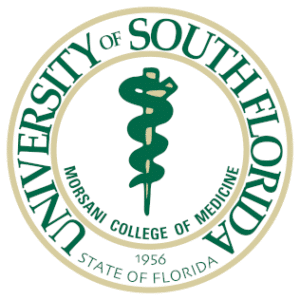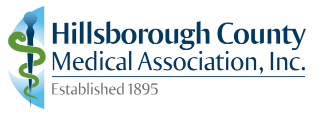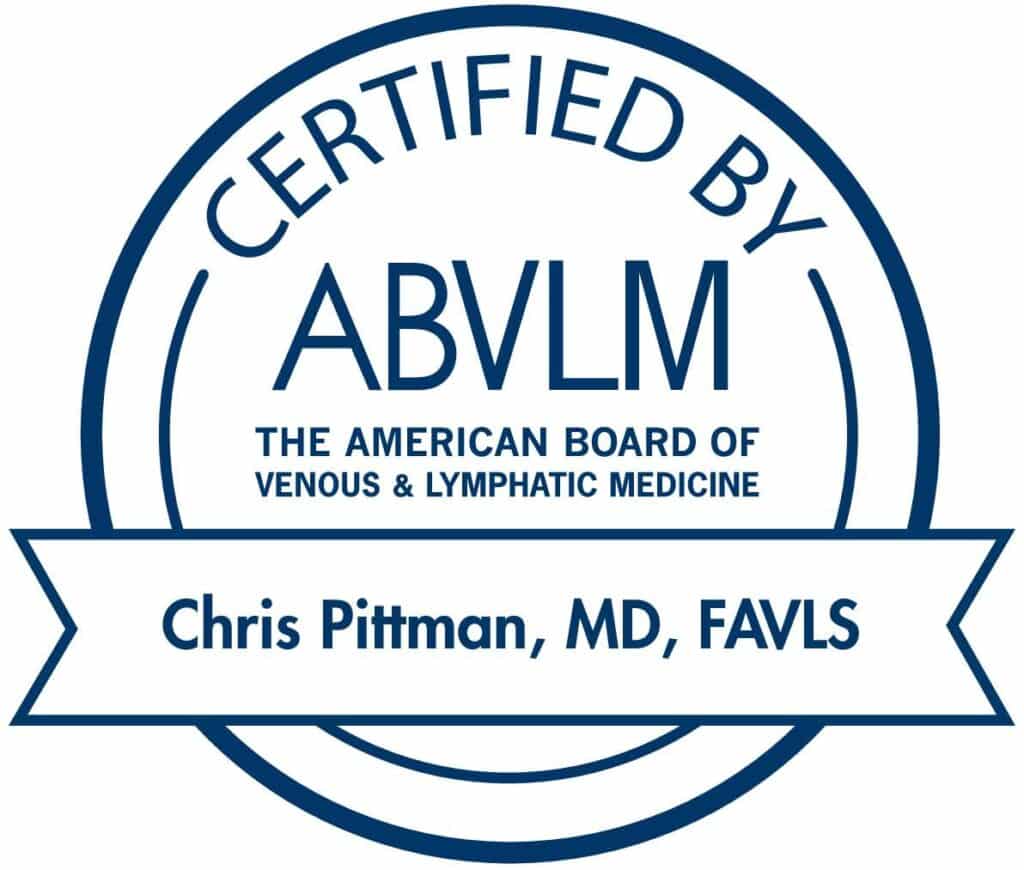What you don’t know about vein disease could hurt you.
Abnormal veins can take many forms, from small surface veins to large grape-like clusters. No matter what size or shape, these veins are signs of vein disease. Left untreated, they can lead to more serious vein disease symptoms such as ulcerations, blood clots, or spontaneous venous hemorrhages.
Women are more likely to have symptoms of vein disease. About 50% of women in the U.S. may suffer from varicose and spider veins. Hormonal changes related to pregnancy, menopause, birth control pills, estrogen, and progesterone may cause abnormal veins.
Fortunately, innovative and effective venous disease treatments now exist that eliminate unhealthy veins. Once your abnormal veins are treated, your body will re-route its blood flow into stronger, healthier veins—reducing vein problems and improving your circulation.
What causes vein disease?
Veins and arteries are both part of the circulatory system but function very differently. Arteries bring oxygen-rich blood from the heart to the extremities and can be thought of like a tube or hose. Veins channel oxygen-depleted blood back toward the heart and lungs, and, unlike arteries, have one-way valves.
“Poor circulation” is a nonspecific term referring to blockages in the arteries. Varicose veins are caused by inefficient, abnormal vein valves that don’t close properly, allowing blood to leak back with gravity and pool in the vein. Which causes veins to bulge and stretch, and may produce many unpleasant side effects including:










